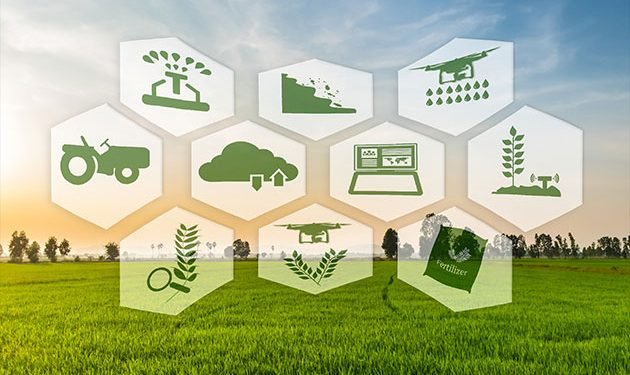Brussels (Brussels Morning) The European Environment Agency (EEA) is calling on the EU to take a more ambitious approach to promoting sustainable agriculture in the upcoming Common Agricultural Policy.
In a report published today, the EEA defends the need for increased sustainable agricultural management practices in view of the need to improve the state of water and biodiversity. The report also recommends that the EU should prioritise funding for sustainable agriculture in its strategic plans when dealing with agriculture.
Re-thinking management practices
In practice, the shift towards a commitment to sustainable agriculture should include broader adoption of management practices based on agro-ecological principles, organic farming and nature-based solutions. This approach entails minimal to no tillage at all, increasing the content of organic matter to ensure higher levels of nutrient efficiency and limiting the use of pesticides, among others.
“Such practices have multiple sustainability benefits, reducing pressures on water, while also reducing greenhouse gas emissions, and enhance the long-term resilience of agriculture to climate pressures and benefit biodiversity”, the EEA states.
Policy integration
The agency also defends the implementation and integration of EU policies, such as the initiatives associated with the European Green Deal, including the biodiversity 2030, the farm-to-fork strategy and the recently announced climate adaptation strategy.
Finally, the EEA argues for a more holistic approach to facilitate the transition towards sustainable agriculture. “Achieving the reductions needed to reach water and other environmental targets requires a combined approach — changing both agricultural practices and consumer demands — which is supported by a transition in food and energy systems”.
However, critics of sustainable agriculture claim that its methods result in lower crop yields and higher land use, according to a recent report in the National Geographic.
Opponents maintain that a wholesale commitment to sustainable practices will mean inevitable food shortages for a world population expected to exceed 8 billion by the year 2030.




